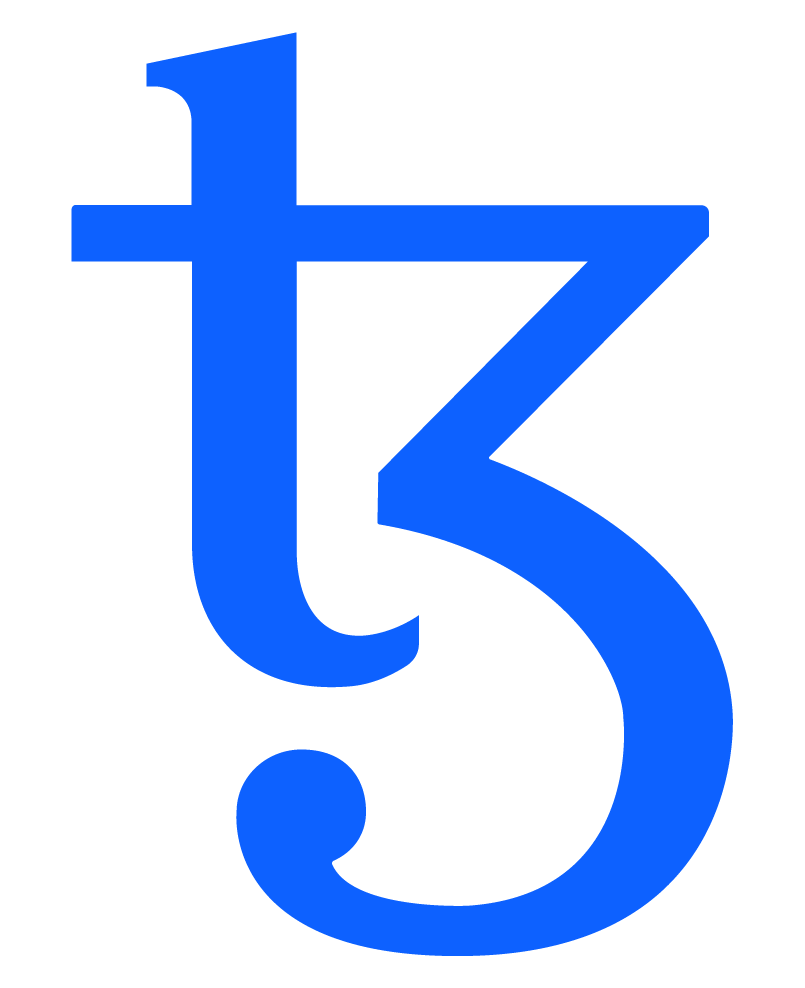Updated version located in the comment section
This is not a complete proposal but I wanted to offer it for review before I continued to put more time and effort into something that needs revisions. Please let me know what you think and what you think might need to be added or revised. Thank you.
Established Funding for Community Marketing
It has come to the attention of the community that achieving a unified voice as to the direction of each marketing campaign very seldom falls into “our” hands. The purpose of this proposal is to establish an accountable and structured solution to help allocate a portion of funds from The Tezos Foundation grant system into the Homebase DAO protocol. In doing so, the community will have the power to collaborate, reason, and reach consensus through a uniformed voting process in which every member has an equal vote.
Execution
Should this proposal be accepted, The Tezos Foundation will be responsible for placing ten percent of their annual budget not to exceed fifteen million dollars, dependent on market evaluation as of January 1st of the present year and reviewed in the semiannual foundation statement into the Homebase DAO platform. The yearly expenditure shall be place into the smart contract platform with the ability to be removed by The Tezos Foundation with sixty-five percent quorum among voters partaking in the system. The Tezos Foundation reserves the right to evaluate the annual spending habits of the Community Market Funding and either continue to fund, request for remediation, or cease to exist, in the last quarter, per annum
A voting committee will be formed by members of the Tezos community that show good faith for the wellbeing of the future benefit; Each member who wishes to gain voting rights will be required to lock one thousand Tez into an account to represent their unified interest in the future of the Tezos ecosystem. The funds will not be delegated to ensure that the locked funds only appreciate if The Tezos ecosystem is benefited by the decisions of the members whom partake in voting. Regardless of the price of Tezos, the locked token amount shall remain the same unless otherwise ratified by a three-fourths vote amendment. In order to ensure that members have not created multiple addresses to cast more than a single vote, a KYC process will be required to include drivers license, passport or other form of government identification, and legal residence.
The voting system will mimic the method used by the Tezos main protocol but with shortened stages. There will be twelve voting periods per year, with the proposal period starting on the first of every month and the promotion vote being held on the last three consecutive days of every month.
Scheduling
• Proposal period: delegates can submit protocol amendment proposals using the proposals operation. At the end of a proposal period, the two proposals with most supporters are selected and we move to peer review vote period. If there are no proposals, or a tie between proposals creating more than two passing proposals, a new tie breaking vote it held. If the vote returns in a tie again, both proposals are moved into the following months proposal period. Each delegate can submit a maximum of 2 proposals per voting period, including duplicates. (One week)
• Peer review period: delegates can discuss and debate the potential pro’s and cons. At any point in the second week, voters may cast one vote to accept or not accept the winning proposals into the final stage by using the ballot operation. At the end of the vote period, if participation reaches a sixty five percent quorum, in favor, we proceed to a promotion period. Otherwise, the proposals are moved into the following month’s proposal period. (Two weeks)
• Promotion vote period: The remaining days leading to the last three days of the month are left for persuasive arguments to be made in favor or against the proposal. Delegates can cast one “yay” or one “nay” vote using the ballot operation. At the end of a promotional vote period, if participation reaches a super-majority of eighty percent in favor, it is activated as the new protocol. Otherwise, the proposal is sent to the go into the proposal period of the following month. (Last three days of each month)
Voters will be able to switch their votes up until the last day of each voting session.
Proposals
Each proposal must include the following, at minimum:
- Purpose for the proposal
- Plan/Explanation of how the proposal fills the needs of the community
- Background and history research of firm or agency being used for promotional purposes as well as references to previous completed projects
- Payment schedule cost breakdown.
- Metrics for success
- Supervisor (Member or multiple members in charge of tracking metrics of success. Any fees for doing so should be broken out from the amount being paid to the agency or firm.)
Supervision
Should the community choose, a single member or multiple members, may be selected to fill a supervisory roll to any proposal. Any fees can be broken out into the schedule and paid upfront or according to a schedule of values and sent in installments upon completion of certain aspects. I vote can be called to remove any member if the voting committee deems the member unable or unfit to complete the required tasks. A supermajority of seventy five percent must be met to remove a member from a supervisory role.
Legal
All legal powers and legal matters shall be dealt with by the Tezos Foundation. No voting member will ever have full control or custody of the funds. All payments will be made directly to any firm or agency in accordance with local laws and jurisdictions.
